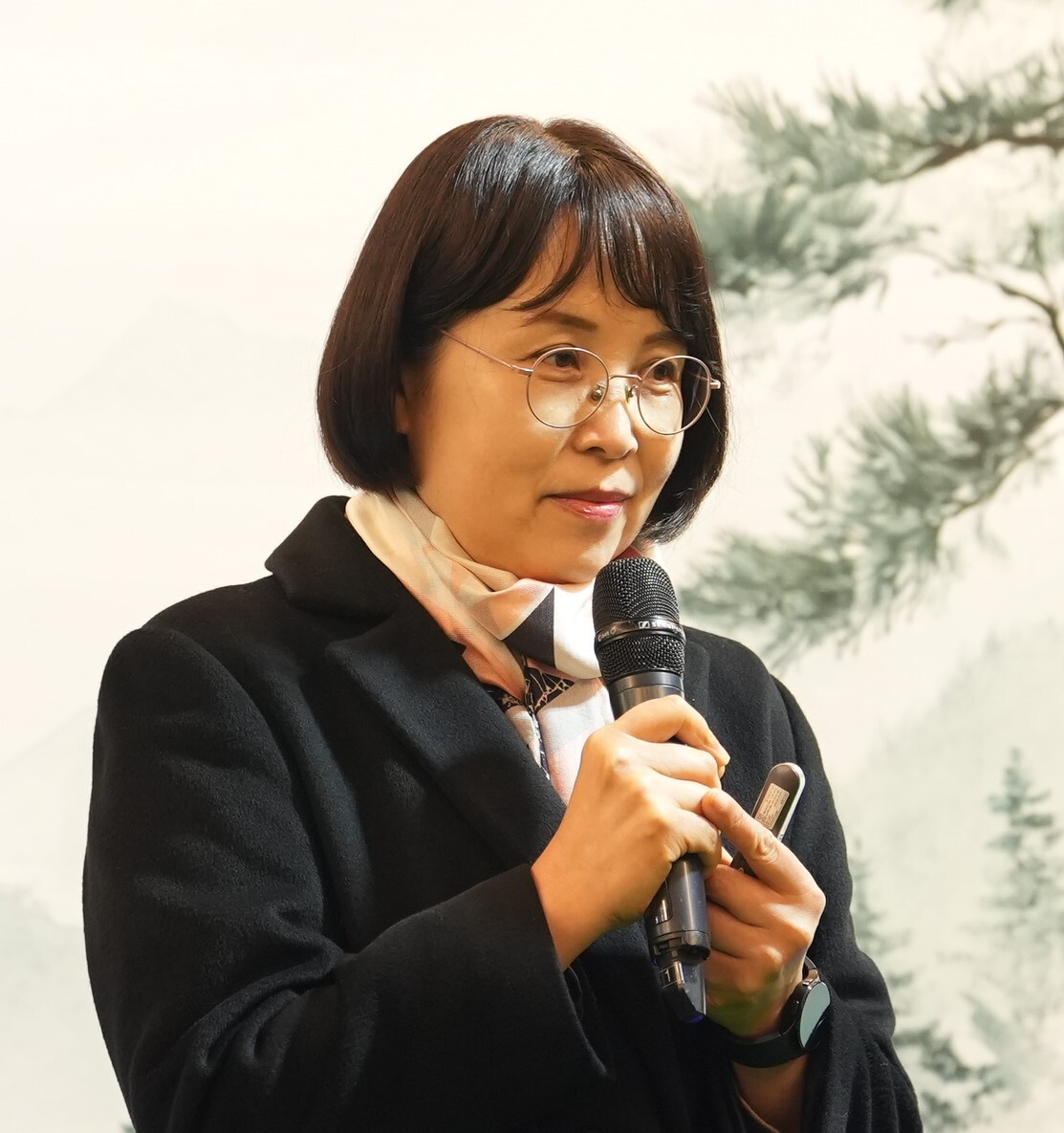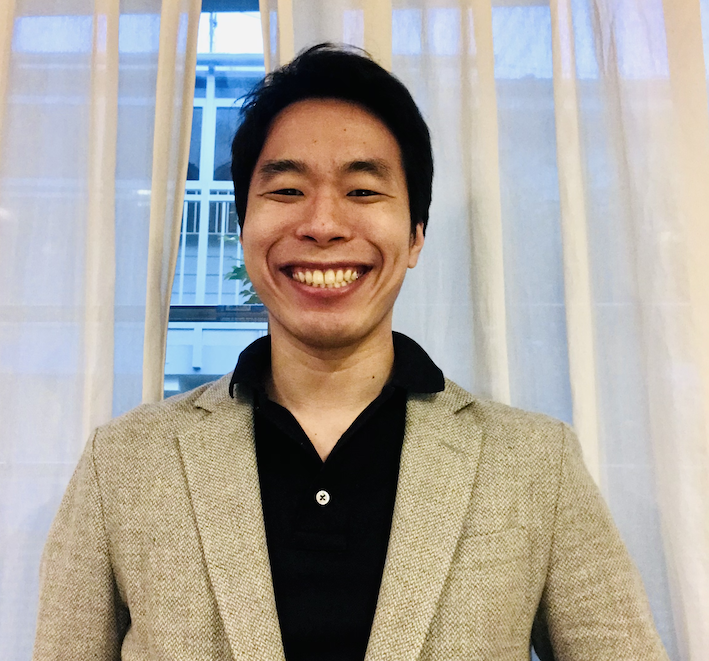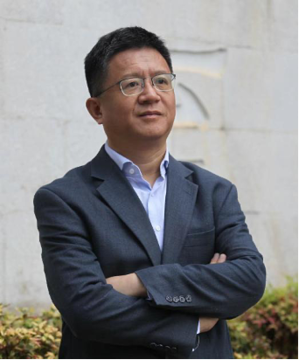Keynote Speaker

Hey-Jung Kim / Musicologist & Professor at Gyeongin National University of Education
2025-09-24 | 13:00 (Asia/Seoul)
Koreans cry in the mode of their local folk music. When they are sad and unable to accept a situation, they cry using only certain notes. As they gradually come to terms with reality and reach acceptance or compromise, additional notes are introduced. These shifts in tone reflect emotional transitions embedded in the act of crying. Among traditional Korean musical genres, pansori is a form in which a solo performer narrates an epic story while expressing a wide range of human emotions through music. In pansori, emotional textures—such as denial, anger, sadness, and acceptance—are musically distinct and vividly realized. Listeners who share the same musical and cultural context often experience deep emotional resonance and immersion. This presentation examines how Korean music conveys emotion through the musical language of crying. By analyzing the musical and linguistic elements associated with different emotional states, we explore how sound operates as a shared emotional language in Korean tradition.
Bio
Dr. Hey-Jung Kim (Professor, Master of Music, Ph.D. in Literature) is a musicologist and the current president of the Pansori Society. She previously served as president of the Society for Korean Folk Songs. In her role as professor at Gyeongin National University of Education, she is dedicated to training future elementary music educators while simultaneously working to preserve and revitalize traditional Korean culture. Since the 1990s, Dr. Kim has documented and analyzed orally transmitted musical traditions such as Korean folk songs (minyo), nongak (farmer's music), and shamanic rituals. Her research explores the fluid and evolving nature of oral music traditions. Drawing upon extensive field data, she applies statistical and analytical methodologies to uncover the underlying principles of musical language. Her work involves the complex process of locating informants, recording traditional music, transcribing it into notation, and analyzing it. Because individual performers interpret each song differently, large-scale data analysis is crucial in identifying musical universals. Dr. Kim's contributions to the field have been widely recognized through academic citations and prestigious awards.

Ying-fen Wang (王櫻芬) / Distinguished Professor at the Graduate Institute of Musicology, National Taiwan University
2025-09-24 | 17:30 (Asia/Seoul)
This paper draws on the perspective of transimperial history to demonstrate how Taiwan’s unique geopolitical position and Japan’s record production model shaped its recording industry and contributed to the creation of new vernacular genres. This not only elevated these vernacular genres from the periphery to the center of Taiwan’s record production, but their records’ overseas export also transformed Taiwan from the receiver to the creator and disseminator of Hokkien popular culture. It traces the rise of vernacular genres as Taiwan’s gramophone industry developed through six stages, discusses how their production strategy created Taiwan’s distinctive sounds, sketches out Taiwanese records’ export to South China and Southeast Asia, and ends with their legacy after 1945.
Bio
Ying-fen WANG is the founding director and Distinguished Professor at the Graduate Institute of Musicology, National Taiwan University. Her research interests include nanguan music and the history of music in Taiwan during the Japanese colonial period. She received the Outstanding Research Award from Taiwan’s National Science Council in 2015. Her representative works include Listening to the Colony: Kurosawa Takatomo and Wartime Survey of Taiwanese Music (1943) (in Chinese, 2008), which won the National Taiwan University Outstanding Book Prize, “The Transborder Dissemination of Nanguan in the Hokkien Quadrangle before and after 1945” (2016), which won the Rulan Chao Pian Publication Prize from the Association for Chinese Music Research, and “Resounding Colonial Taiwan through Historical Recordings: Some Methodological Reflections,” which received Honorable Mention for the 2023 International Council for Traditions of Music and Dance (ICTMD) Best Article Prize. She is the coeditor of Phonographic Modernity: The Gramophone Industry and Music Genres in East and Southeast Asia (2024).

Yuto Ozaki (尾崎雄人) / Senior Researcher of Keio Research Institute at Shonan Fujisawa Campus, Keio University
2025-09-24 | 17:50 (Asia/Seoul)
In this talk, I will present Many Voices, a global collaborative research project that pursues the evolutionary origins of singing (and music) through comparison with spoken language, and explores the nature of human vocalizations as manifested in music traditions and languages across societies. Music and spoken language are universally present on the globe, but why have we ended up acquiring these two distinct modes of acoustic communication, regardless of cultural, environmental, or historical differences? To address this question, considering substantial variation in music and language, it is essential to have diverse samples with global collaboration, with traditional music playing a key role in uncovering regularities of music that transcend cultural boundaries. The inquiry into the evolutionary roots of music has been around for a long time since Darwin, and I will discuss how global collaborative work on collecting and analyzing singing and speech contributes to this long-standing debate through presenting results (including preliminary findings) from the Many Voices project.
Bio
Yuto Ozaki is a senior researcher at the Keio Research Institute at the Shonan Fujisawa Campus of Keio University, Japan, and holds a PhD from the Graduate School of Media and Governance at Keio University. He has been studying the cross-cultural diversity and evolutionary aspects of music through acoustic and comparative analysis of music and (spoken) language. His research interests extend to human vocal communication in general and the cross-species comparison of vocal and acoustic communication. He received his M.Eng. and a B.Eng. from Waseda University in Japan, where he studied acoustics, signal processing, and human-computer interaction and interaction design.

YU, Hui (喻辉) / Changjiang Distinguished Professor of the Chinese Ministry of Education at Nanjing Normal University
2025-09-24 | 18:10 (Asia/Seoul)
The Chinese guqin, a seven-string zither with a documented history of over three millennia, preserves one of the world’s most extensive and intricate systems of non-staff notation: jianzipu (abbreviated character tablature). Unlike Western staff notation, jianzipu encodes performance instructions—string, finger, stroke, and position—without directly specifying pitch or rhythm. This unique format presents both a challenge and an opportunity for the field of Music Information Retrieval (MIR).
Building on recent research published in Computer Music Journal, this talk explores how Music Information Retrieval (MIR) techniques can be further applied to the digitization, recognition, and analysis of guqin tablature. Advances in optical music recognition, natural language processing, and symbolic encoding now make it possible to create machine-readable corpora of more than 3,000 guqin scores. Integrating MIR methods with ethnomusicological insight not only helps safeguard an ancient cultural heritage but also reveals broader patterns of melodic structure, transmission, and performance practice.
This study advocates an interdisciplinary dialogue among MIR, computational musicology, and traditional Chinese music, underscoring how technology can advance both scholarship and heritage preservation.
Bio
YU Hui is a Changjiang Scholar Distinguished Professor appointed by the Chinese Ministry of Education at the Nanjing Normal University. Dr. Yu began his academic career as a tenured faculty member at the Shanghai Conservatory of Music in the early 1990s. After earning his Ph.D. in Ethnomusicology from Wesleyan University, he went on to serve as the Dean of the Faculty of Arts at Shenyang Normal University, Ningbo University, and Yunnan University. His extensive body of scholarly work, covering ethnomusicology, digital musicology, traditional Chinese music practices, and ancient Chinese music theories, have been published in Chinese, English, and Russian by international academic journals, and publishers including Oxford University Press, Palgrave Macmillan, Moscow State University Press, and Zhejiang University Press. Dr. Yu is the chair of the East Asian Association of the International Musicological Society (2025-2029), a member of the European Academy of Sciences and Arts, and the chief editor of the international journal Asian Musicology.
Performances

JamBot (Lancelot Blanchard,
Perry Naseck) /
MIT Media Lab
2025-09-24 | 20:30 (Asia/Seoul)